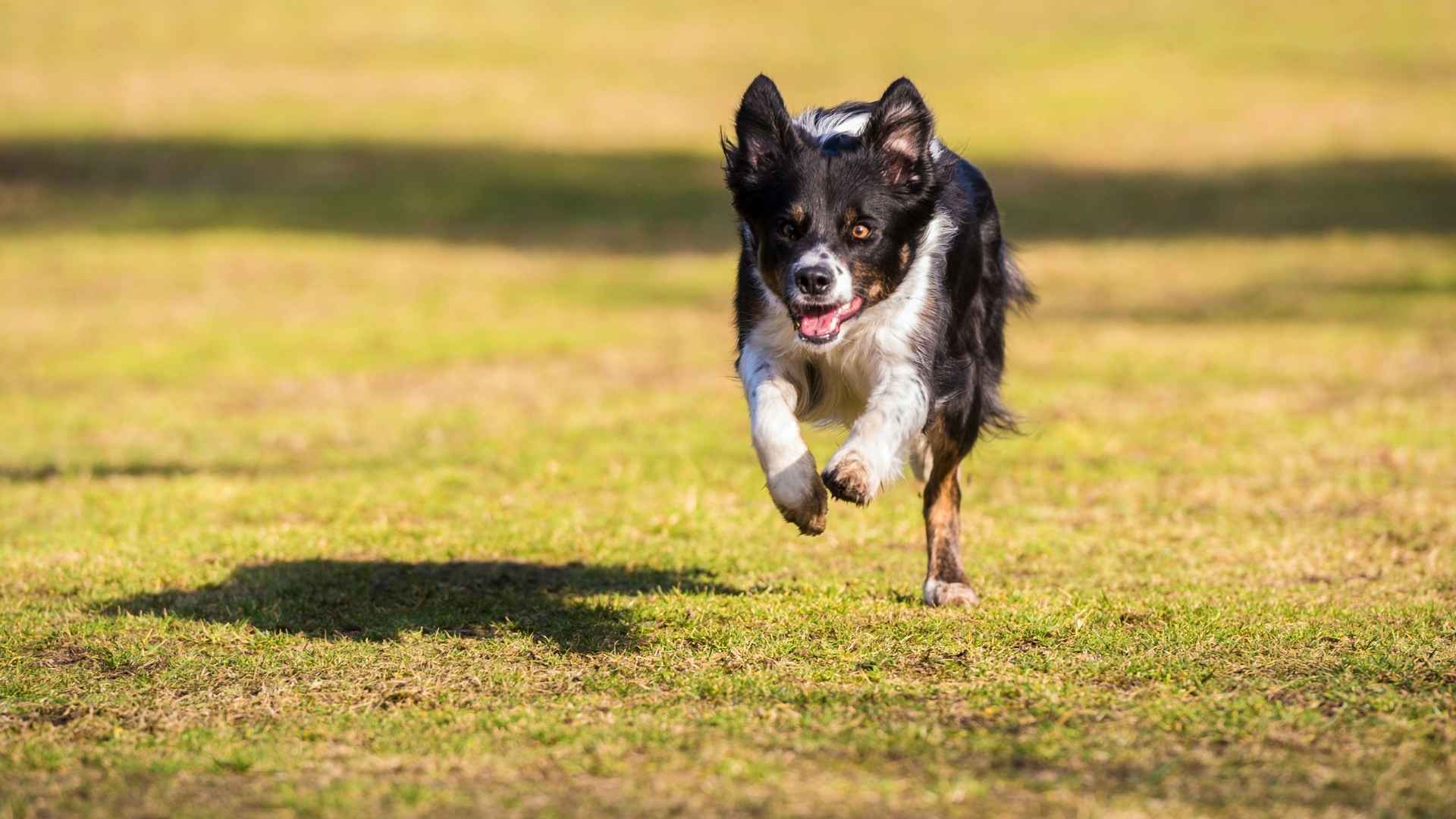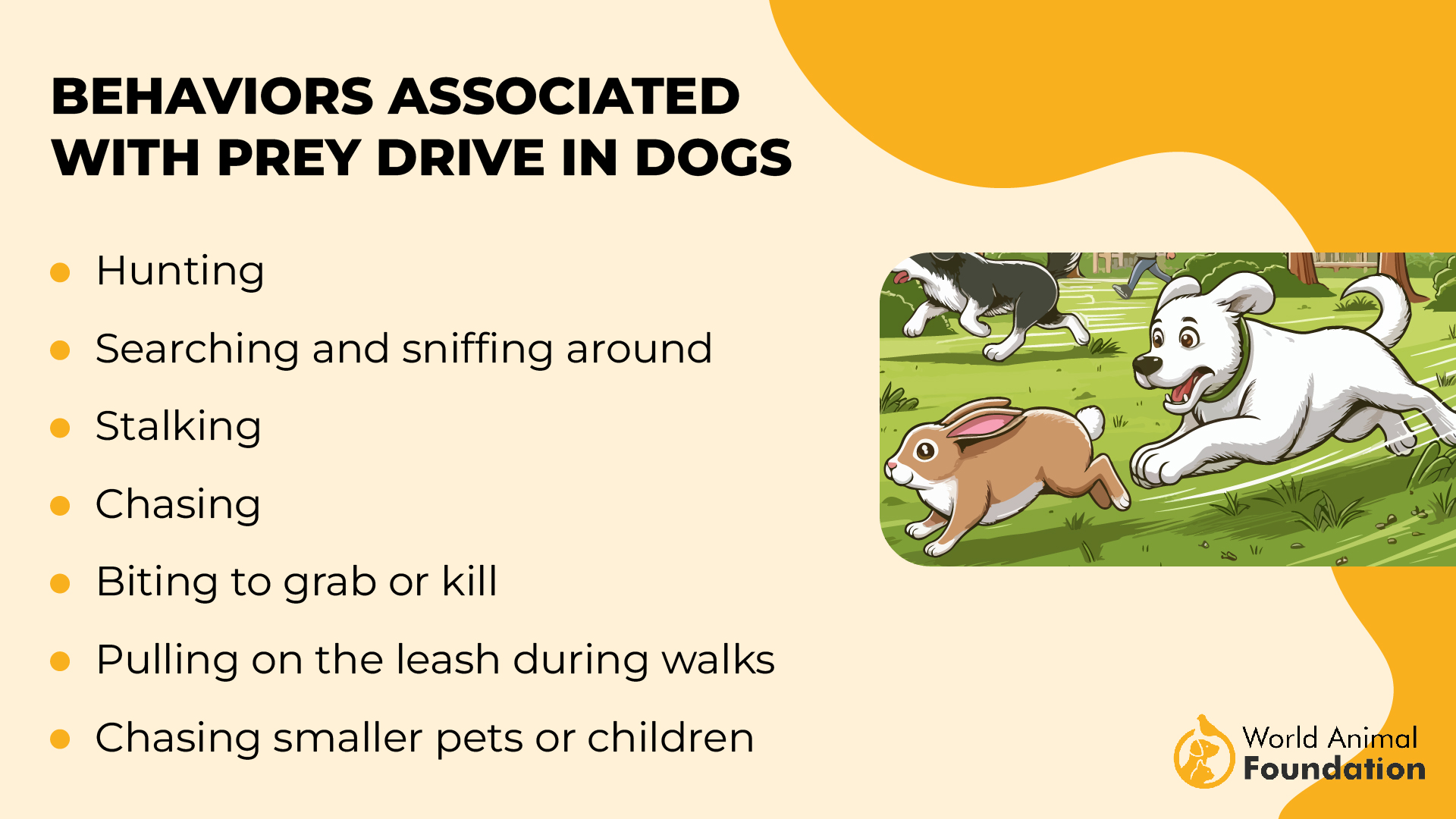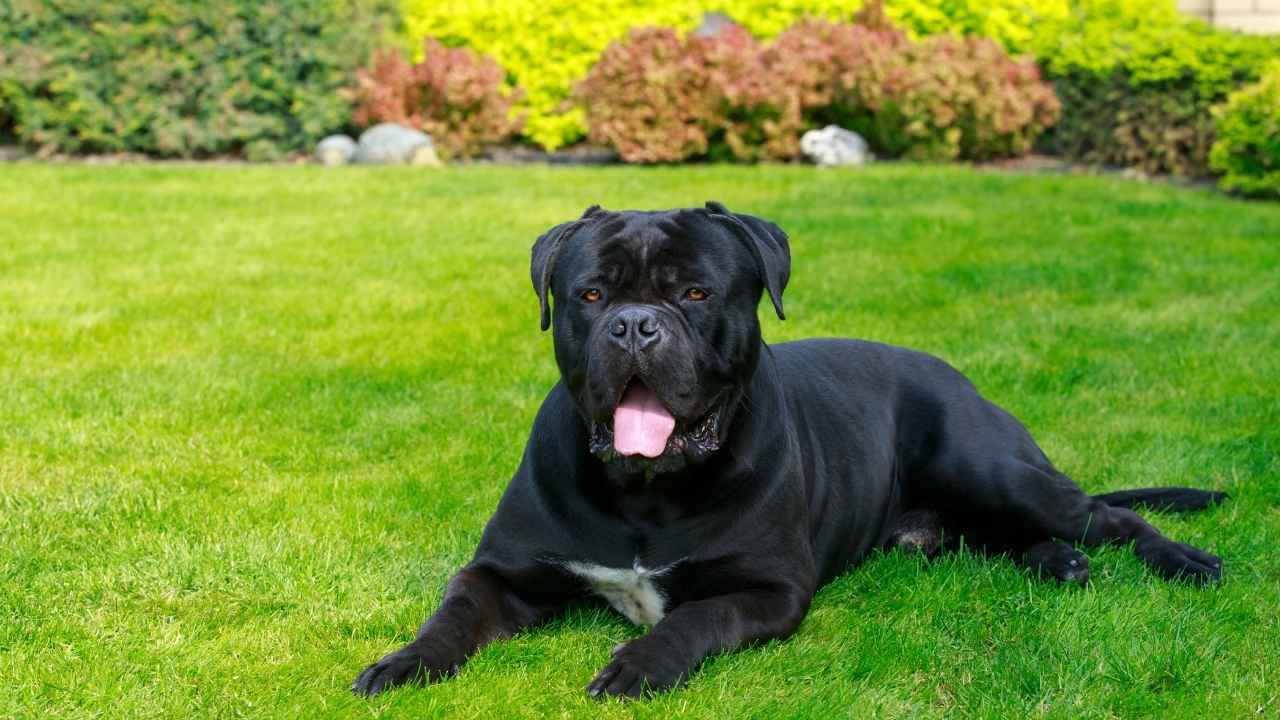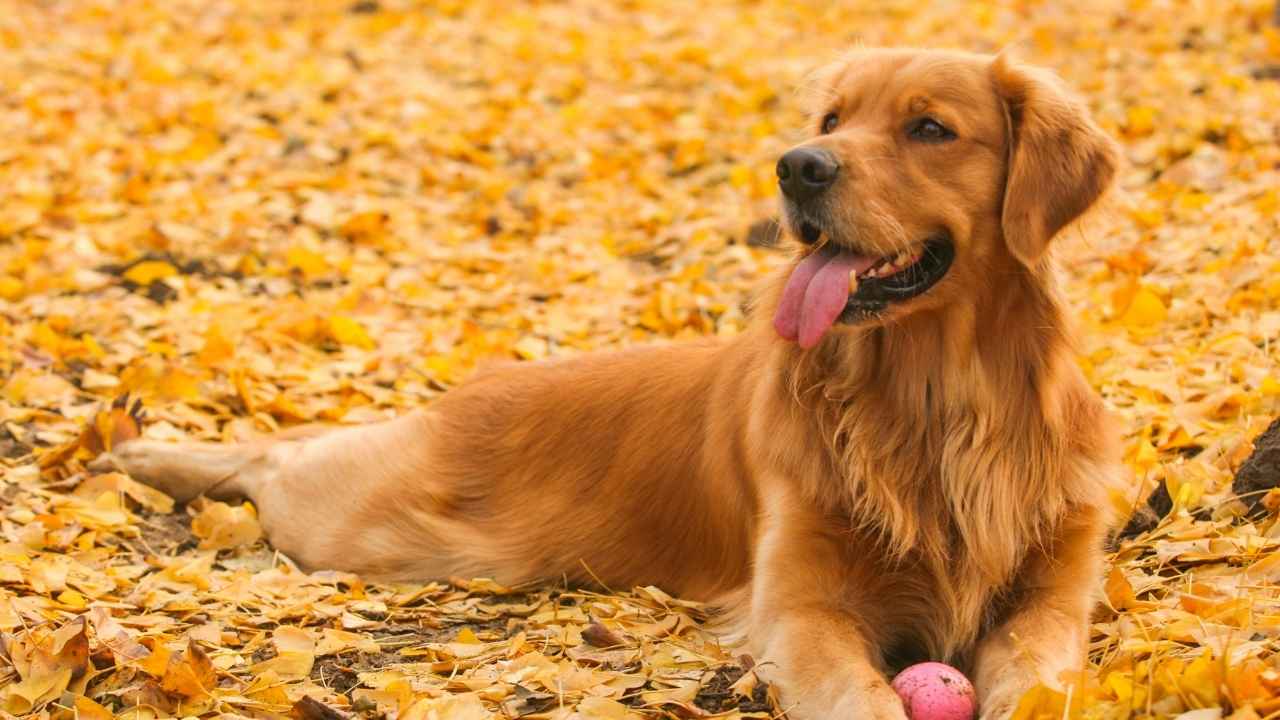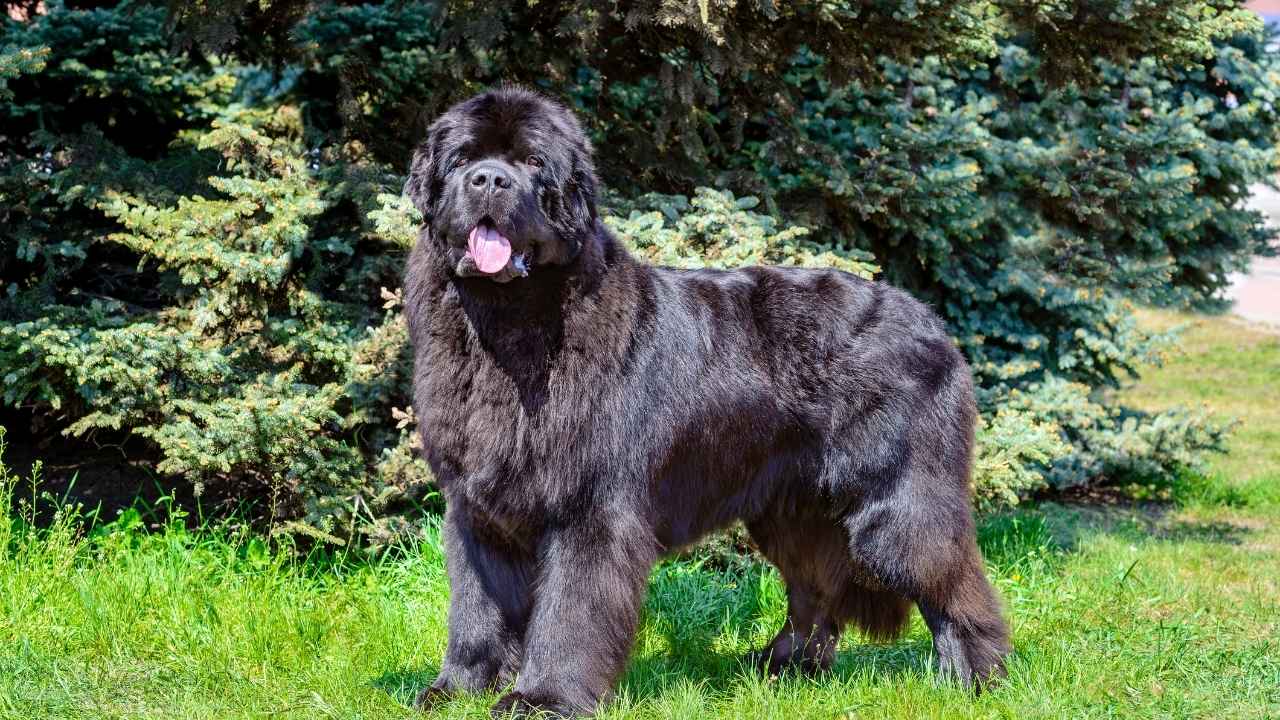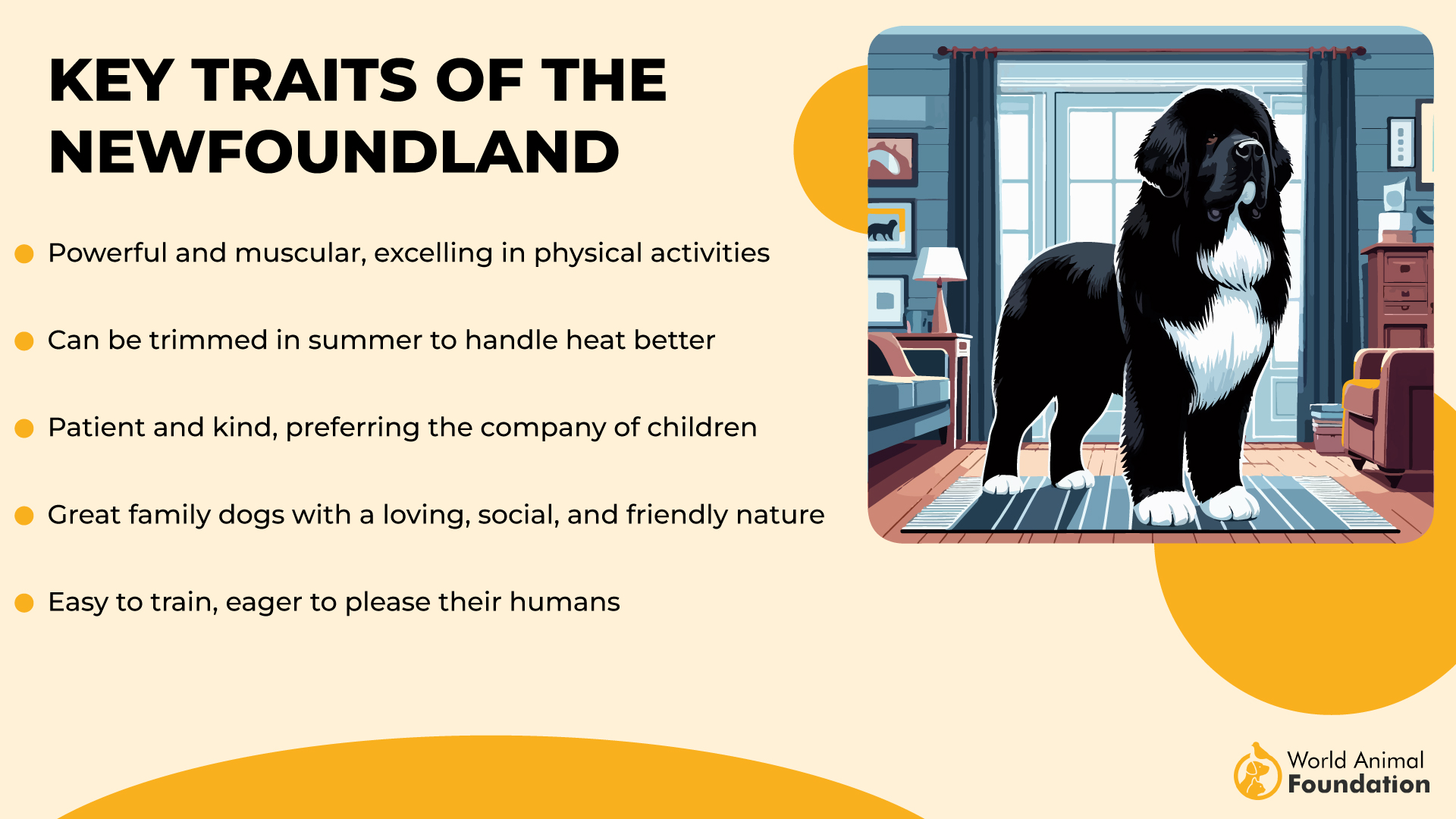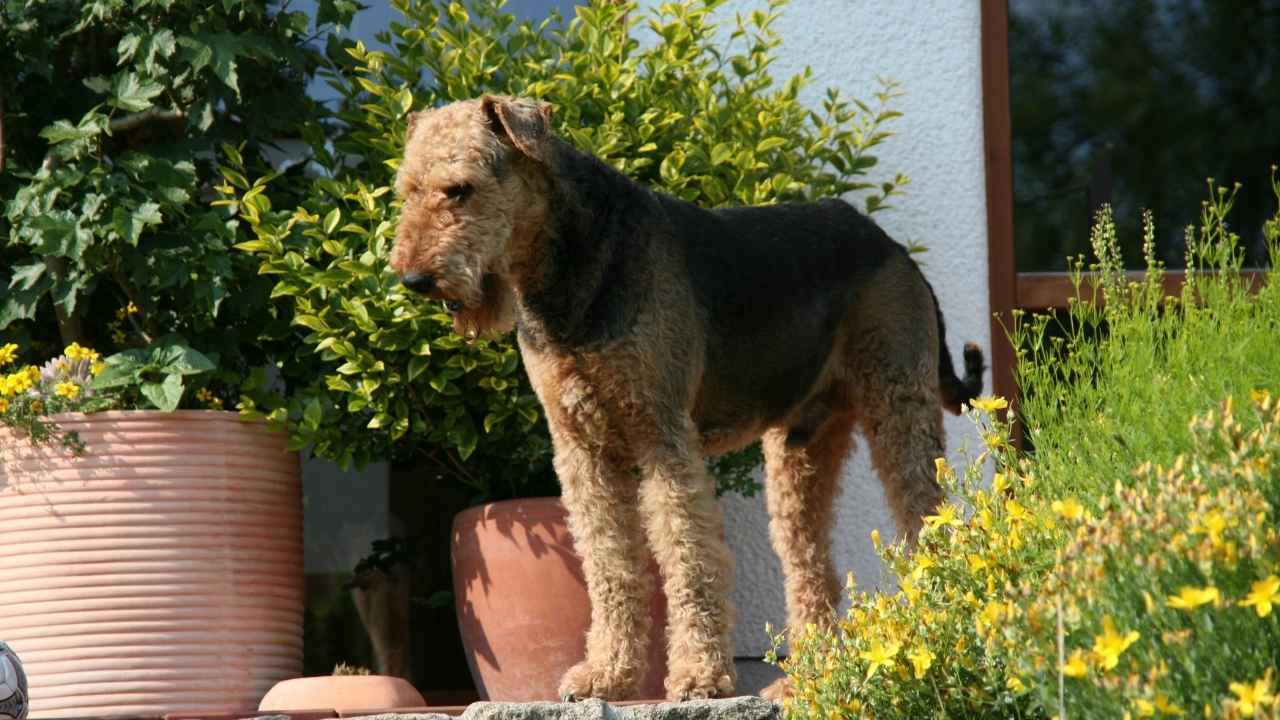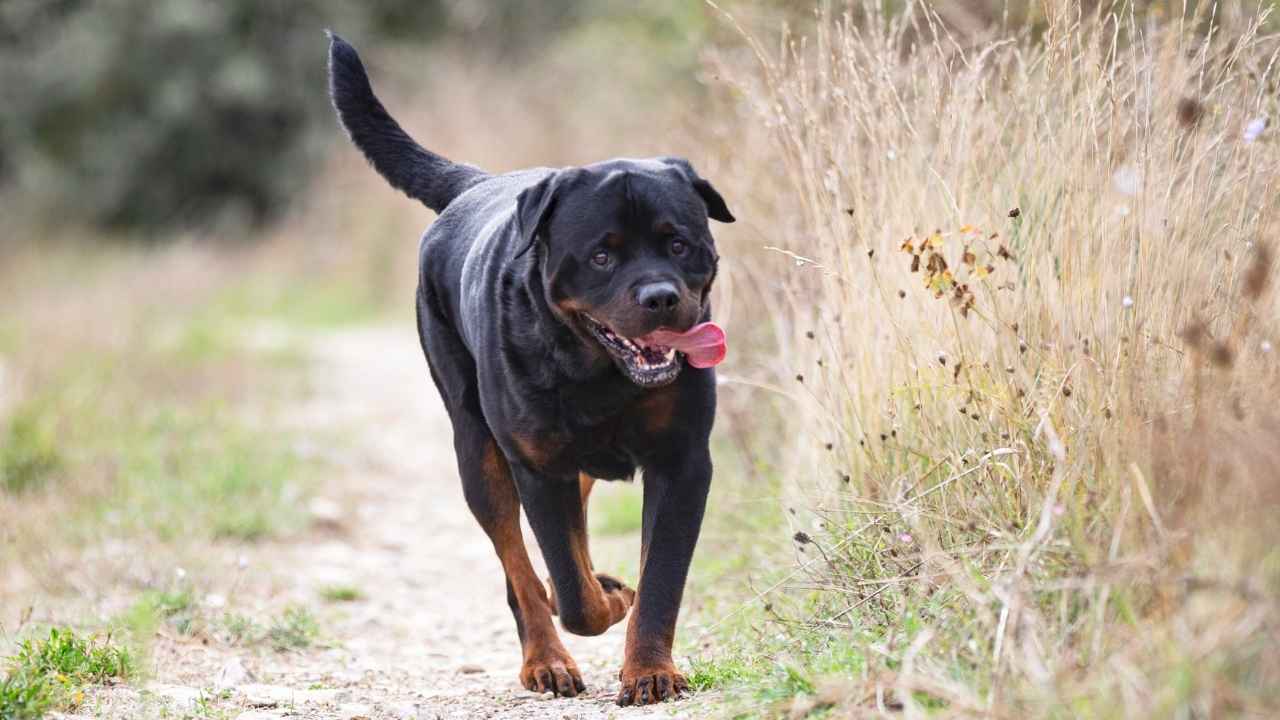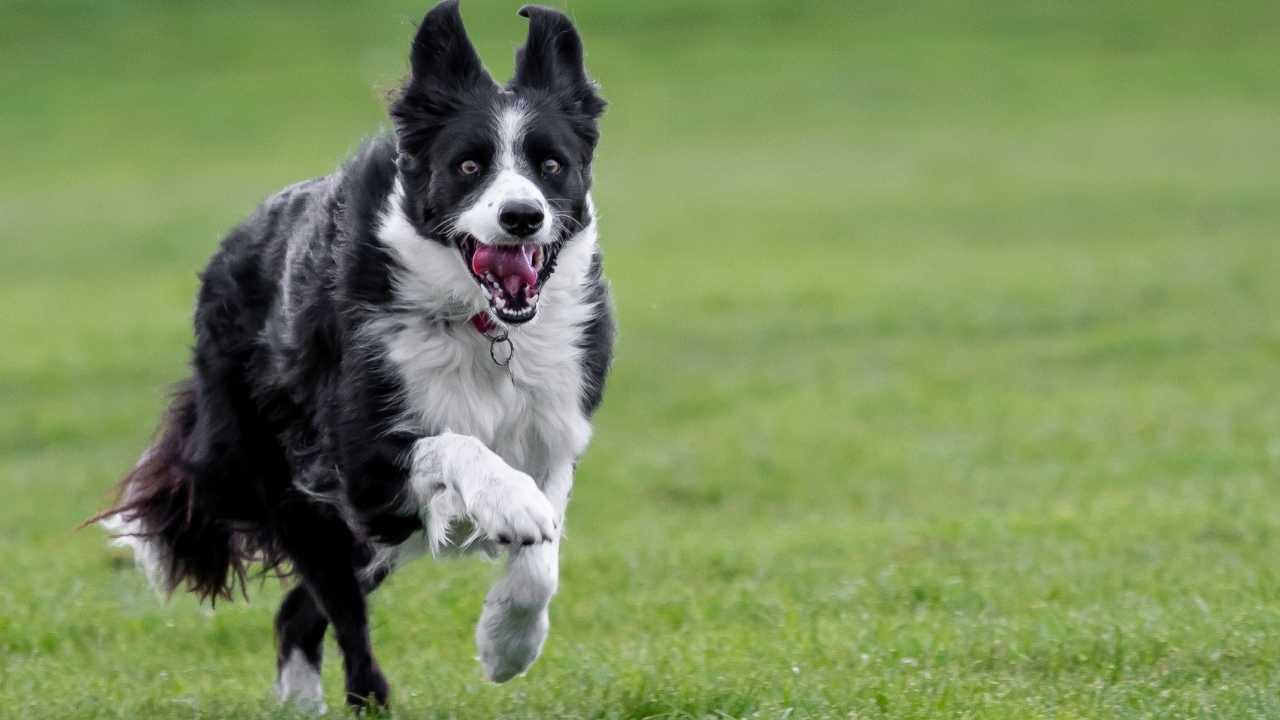Choosing the right guard dog requires careful consideration, especially if a low prey drive is essential for your household. While many breeds excel in protection, those with a composed temperament towards smaller animals and children offer added benefits. These dogs provide the perfect balance of loyalty, vigilance, and tranquility, ensuring peace of mind without the unpredictability of a strong prey instinct. In this guide, we explore the seven best guard dog breeds renowned for their protective nature and minimal prey drive, making them ideal companions for families, individuals, and those in need of a reliable, yet gentle guardian.
Dogs come in all shapes and sizes, from tiny fluffy pups to big, sweet, gentle giants—and everything in between. Just like their looks, their personalities can be super diverse too, thanks to breed traits, genetics, and their unique quirks.
One thing to consider is prey drive—basically, a dog’s instinct to chase things. Depending on your home, lifestyle, and plans for your pup, this can be a pretty big deal.
Dogs with lesser prey drive are usually chill and tolerant around smaller animals like cats, rabbits, guinea pigs, or even smaller dogs. Sure, they might get curious, but training them not to chase or bother other pets is typically easy. We have listed the top seven good guard dogs with low hunting drive.
7 Guard Dog Breeds with Low Prey Drive
1. Cane Corso
The Cane Corso is a powerful and muscular breed, renowned for their unwavering loyalty and natural protective instincts, which make them excellent guardians for families. Despite their imposing appearance, they are surprisingly gentle and calm, especially when interacting with strangers.
Early exposure to different environments like dog parks helps them develop good manners and reduces the likelihood of aggression or territorial behavior. According to Chewy, many dogs like the Corso thrive with the right training and a balanced diet.
Their intelligence and eagerness to please make them highly trainable, and their affectionate nature ensures they form strong bonds with their human family members. While they require firm but loving guidance, they reward their owners with unwavering dedication and a calm, balanced temperament.
2. Golden Retriever
This breed is one of the few known for having a less prey drive and being easy to train. They’re great with larger animals like horses, do well with kids, and are often considered one of the best dog breeds around cats. Golden Retrievers are medium to large-sized, definitely not giant, and are usually so well-behaved that their size isn’t an issue for families. Unlike high prey drive dogs like German Shepherds or Border Collies, Golden Retrievers are less likely to chase potential prey.
Some dogs in this breed can have a higher hunting drive. If you’re getting a puppy, talk to the breeder about this. (Dogs with higher prey drives can be an excellent choice for search and rescue.) If you’re adopting an older dog, let the shelter or rescue know you’re looking for one with low or high-prey drive breeds and take the dog on a trial basis. If it doesn’t work out, you can return the dog.
And don’t forget to have your puppy checked out by your vet before making a final decision. If the parents have been tested for things like hip dysplasia or other genetic issues, review those results too.
3. Newfoundland
Newfoundlands are known for their non-aggressive nature, making them great companions for humans. Their calm, patient demeanor makes them well-suited to living with other dogs. AKC states that while their large size may seem intimidating it helps to deter intruders. They are incredibly gentle and protective of their family.
Thanks to their intelligence and eagerness to please, Newfoundlands are easy to train and can get along well with most other dogs if trained early. However, they need a fair amount of exercise to prevent obesity. Their thick, water-resistant coat also requires regular brushing and grooming.
Newfoundlands are natural water rescue dogs. Their muscular build and webbed feet make them excellent swimmers, and they’re known for saving people from drowning. These traits also make them great companions for swimming or boating activities.
4. Boxer
Boxers are energetic, playful, and sturdy working dogs. They are fun-loving companions and what sets them apart is that boxers don’t have a high prey drive.
They require regular exercise to release their built-up energy and prevent destructive behavior. Their short coat is low maintenance but will shed throughout the year. These dogs are also prone to certain health issues such as hip dysplasia and heart problems, so it’s important to research the breed before adopting one.
Despite their muscular appearance, Boxers make great companions for families with kids and other breeds. They’re known for being patient and protective of their human family members. Their high energy levels also make them great playmates for active kids and little dogs.
5. Airedale Terrier
Airedale Terriers are a versatile breed of large dogs that excel in various roles such as hunting, guarding, and even being therapy dogs. They have a friendly and outgoing personality and can get along well with everyone if socialized properly.
They have a wiry coat that requires regular grooming to prevent mats and tangles. Airedales also need regular exercise to release their energy and prevent boredom-induced behaviors. Airedale are big-time eaters so they love food.
These smart canines are easy to train and love making their owners happy, but they can be a bit too energetic for homes with young kids. Overall, they are awesome dogs for active people or families who can keep up with their need for exercise and mental challenges.
6. Rottweiler
Rottweilers may have a tough reputation, but they are actually gentle, loyal, and devoted companions to their owners. These intelligent and confident dogs form strong bonds with their families and are known for their protective nature, making them excellent protective dogs. With proper training and socialization, Rottweilers can be friendly, affectionate, and even great with kids.
Their natural strength and courage, combined with their loving demeanor, make them a reliable and trustworthy addition to any household. PetMD says Rottweilers also require regular exercise and mental stimulation to keep them alert and happy and prevent destructive behavior.
Due to their strong protective instincts, Rottweilers may not be suitable for households with small children or other pets. Owners need to socialize them properly and establish clear boundaries from a young age to protect them.
7. Border Collie
Border Collies are incredibly smart, hardworking, and highly trainable, which makes them a favorite for herding livestock and excelling in agility competitions. Known for their sharp intelligence and problem-solving skills, they thrive on having tasks to complete and challenges to overcome. These dogs have an instinct to protect and aren’t predators.
These dogs are full of energy and require plenty of daily exercise, such as long walks, runs, or playtime, as well as mental stimulation to keep them happy and healthy. They can become bored and develop behavioral issues without enough activity, so they’re best suited for active families or individuals who can meet their needs. Their medium-length coat requires regular brushing to keep it in good condition. Border Collies also do well with obedience training, but they can become bored easily if not given a job to do.
These pups make loyal companions but may not be suitable for first-time dog owners or households with small children due to their intense energy and need for activity. However, Border Collies can make great family dogs with proper training and socialization.
Conclusion
To wrap things up, picking a dog breed with a less prey drive can be a fantastic choice for active people or families. These breeds bring the perfect mix of energy, smarts, and loyalty, making them great companions for an on-the-go lifestyle.
That said, it’s super important to do your homework—think about things like grooming, socialization, protection, and how they’ll get along with other dogs and pets before bringing a pup home. With the right training and care, these many breeds can be amazing additions to your family. Electric fencing and security cameras are certainly good defenses in addition to dogs.
In conclusion, selecting the right guard dog breed with a low prey drive ensures a blend of effective protection and compatibility with various living environments. Breeds that excel in guarding while possessing a low prey drive are ideal for families and households with other pets, as they are less likely to chase or harm smaller animals. These breeds, characterized by their loyalty, intelligence, and calm demeanor, provide a reassuring presence without compromising safety or companionship. Choosing the best guard dogs from these breeds results in a harmonious balance between security and a peaceful household dynamic.

